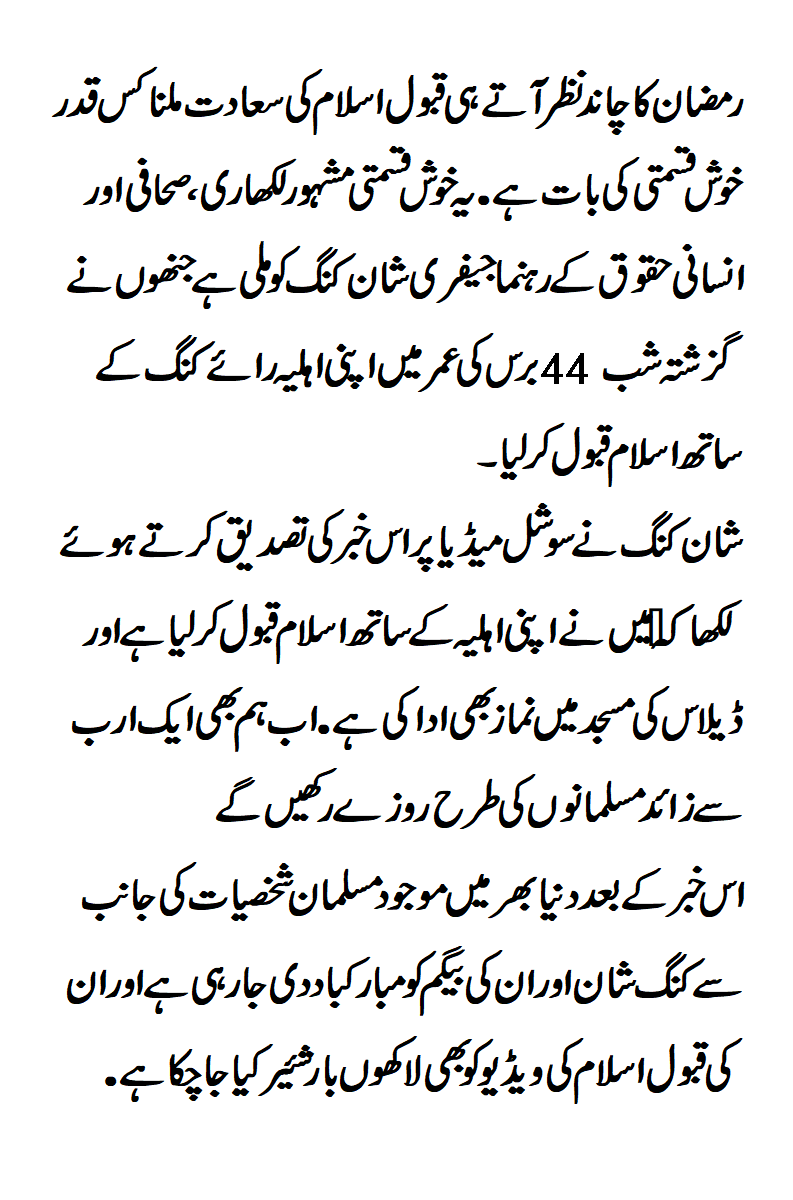Similar to Islam, fasting is mentioned in the Holy Scriptures in Judaism. The sacred day of Yum Kippur, during which a communal fast is observed by the Jewish community, is also related to the trip of Prophet Moses to Mount Sinai where he received the set of tablets containing the Ten Commandments. Prophet Moses fasted for 40 days and 40 nights when he was waiting for the revelation on the mountain of Sinai. It was after the period of fasting that Torah was revealed to Prophet Moses.
There are two major fasting days in the Jewish calendar, Yum Kippur and Tisha Bav. Yum Kippur is the only prescribed fast in the Bible, whereas Tisha Bav is observed in the month of Av to commemorate the destruction of temples in ancient times as well as other Jewish tragedies. During these two major fasts, the Jewish community refrain from eating, drinking, washing and wearing leather.
Fasting is also an important element of Christian faith because Prophet Jesus fasted for 40 days before he received the Gospel. He also told his followers to fast for 40 days and therefore fasting before Easter was encouraged. The period of 40 days of fasting is known as Lent and Christians devote themselves to prayers and spiritual discipline.
The last week of Lent is considered to be holy week and is sometimes referred as Passiontide. Christians set this time to reflect on the suffering and sacrifice of Jesus. In continuation with the practice of fasting, the missionaries in the early days of Christianity used to fast before setting on to a preaching mission.
Prophet Mohammad (PBUH) spent a month in the cave of Hira, contemplating and worshipping Allah (SWT) after which he received the Divine message through Archangel Gabriel. Fasting has been a gateway to the spiritual world for the prophets and a means to communicate with God. The act of fasting is closely associated with spirituality,

especially in Islam. Fasting gives an opportunity to glorify Allah, thank Him for His favours which are often taken for granted. Fasting in Islam is an important ritual because while fasting, Muslims try to perfect their manners in accordance with Islamic morality by controlling their behaviours and ego (nafs). During the month of Ramadan, Muslims fast for an e
